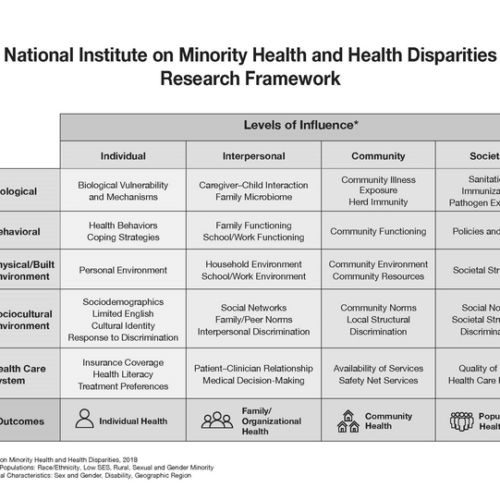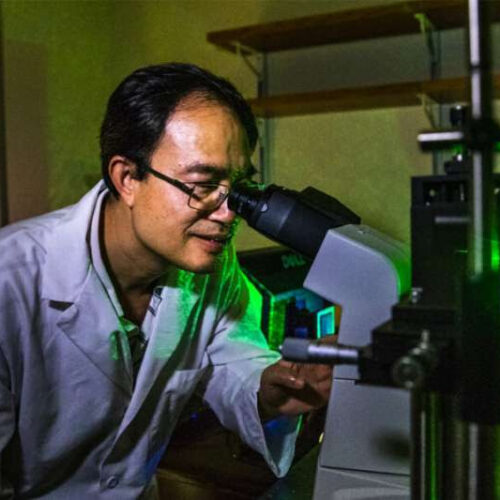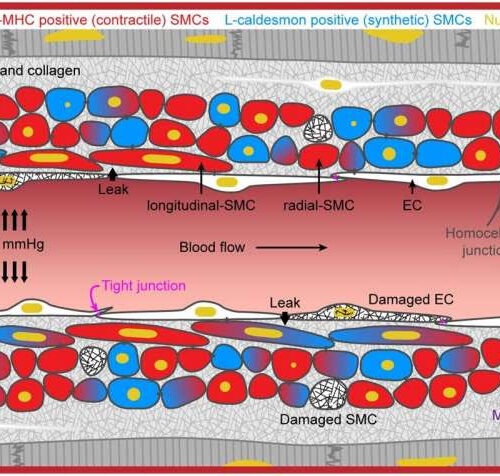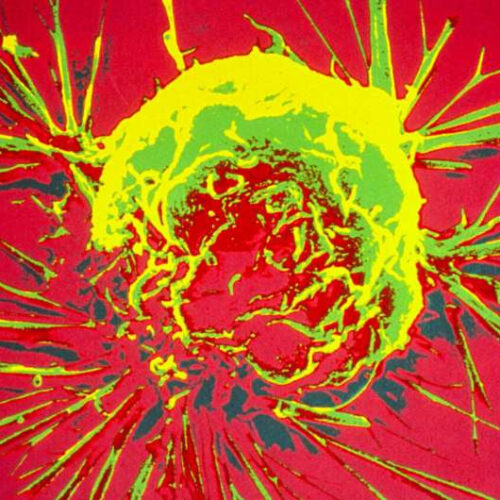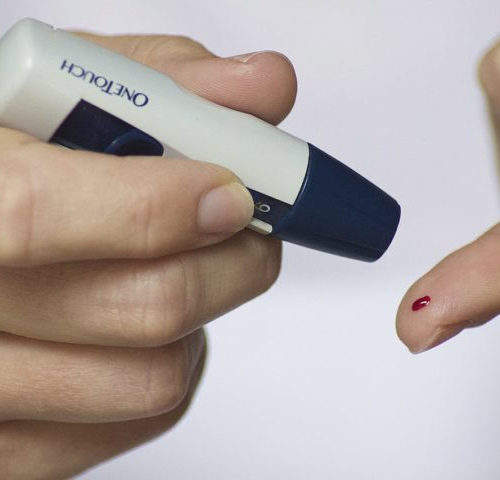ELSEVIER IMAGE: THE OHDRC APPLIES THE NIMHD’S RESEARCH FRAMEWORK TO INFORM THE CENTER’S WORK AND RESEARCH. IT SHOWS HOW THE MULTILEVEL DOMAINS OF INFLUENCE AFFECT INDIVIDUAL, INTERPERSONAL, COMMUNITY, AND SOCIETAL LEVELS OF INFLUENCE. NATIONAL INSTITUTE ON MINORITY HEALTH AND HEALTH DISPARITIES CREDIT: NIMHD RESEARCH FRAMEWORK. RETRIEVED FROM HTTPS://NIMHD.NIH.GOV/RESEARCHFRAMEWORK. ACCESSED ON WEDNESDAY, MAY 18, 2022 Ann Arbor,...
Tag: <span>NEW RESEARCH</span>
Long COVID: Vaccination could reduce symptoms, new research suggests
by Trish Greenhalgh, Brendan Delaney and Manoj Sivan, The Conversation Credit: bbernard/Shutterstock Graham was a healthy 34-year-old until he developed COVID in July 2020. Along with his wife and children, he had a fever, a cough, breathlessness, profound fatigue and he lost his sense of smell. But instead of getting better like the rest of his...
New research advances understanding of DNA repair
by Audrey Post, Florida State University Zucai Suo, Eminent Professor in the Department of Biomedical Sciences, Florida State University College of Medicine. Credit: FSU College of Medicine A Florida State University College of Medicine researcher has made a discovery that alters our understanding of how the body’s DNA repair process works and may lead to...
New research suggests way to turn SARS-CoV-2 against itself
New research suggests way to turn SARS-CoV-2 against itself. Scientists have discovered a possible new way to fight COVID-19 by turning part of SARS-CoV-2 against itself. This new strategy shows promise in mice and in human cells in a lab dish, according to the team led by researchers from the Blavatnik Institute at Harvard Medical...
New research reveals cardiac microvascular dysfunction
by University of Bristol A synthetic SMC phenotype underlies coronary microvascular contractile dysfunction. The profile of biomarkers for contractile vs. synthetic phenotype strongly reflects whether an artery can generate MT and therefore contribute to the regulation of coronary blood flow. Credit: DOI: 10.1093/cvr/cvab218 New research has shown abnormalities in the tiny blood vessels of human hearts in regions...
New research finds common denominator linking all cancers
by Lunenfeld-Tanenbaum Research Institute Credit: CC0 Public Domain All cancers fall into just two categories, according to new research from scientists at Sinai Health, in findings that could provide a new strategy for treating the most aggressive and untreatable forms of the disease. In new research out this month in Cancer Cell, scientists at the Lunenfeld-Tanenbaum Research Institute (LTRI), part of Sinai Health, divide all...
Promising new research on aggressive breast cancer
by University of Montreal A breast cancer cell, photographed by a scanning electron microscope. Credit: Bruce Wetzel and Harry Schaefer, National Cancer Institute, National Institutes of Health Better treatments of HER2-positive breast cancer are closer at hand, thanks to new research by a team led by Université de Montréal professor Jean-François Côté at the cytoskeleton organization and cell-migration research unit...
New research may revolutionise cataract treatment
ANGLIA RUSKIN UNIVERSITY World-leading eye experts have made a breakthrough that could potentially change the way cataracts are treated – with potential for drug therapy to replace surgery. Cataract is a clouding of the eye lens that develops over time and affects the quality of vision. It is caused by an accumulation of protein in...
New research reveals why some of us are hungry all the time
by King’s College London Credit: CC0 Public Domain New research shows that people who experience big dips in blood sugar levels, several hours after eating, end up feeling hungrier and consuming hundreds more calories during the day than others. A study published today in Nature Metabolism, from PREDICT, the largest ongoing nutritional research program in the world that looks at responses...
New research could lead to more treatment options for diabetes patients
For the first time, scientists have come up with a precise atomic-level explanation for why glulisine- a commonly used medication to treat diabetes- is faster acting than insulin. The findings, published in Scientific Reports, could have benefits for diabetes patients in ensuring that more improved insulin can be developed for future treatment. Image credit: Reversing Your...

